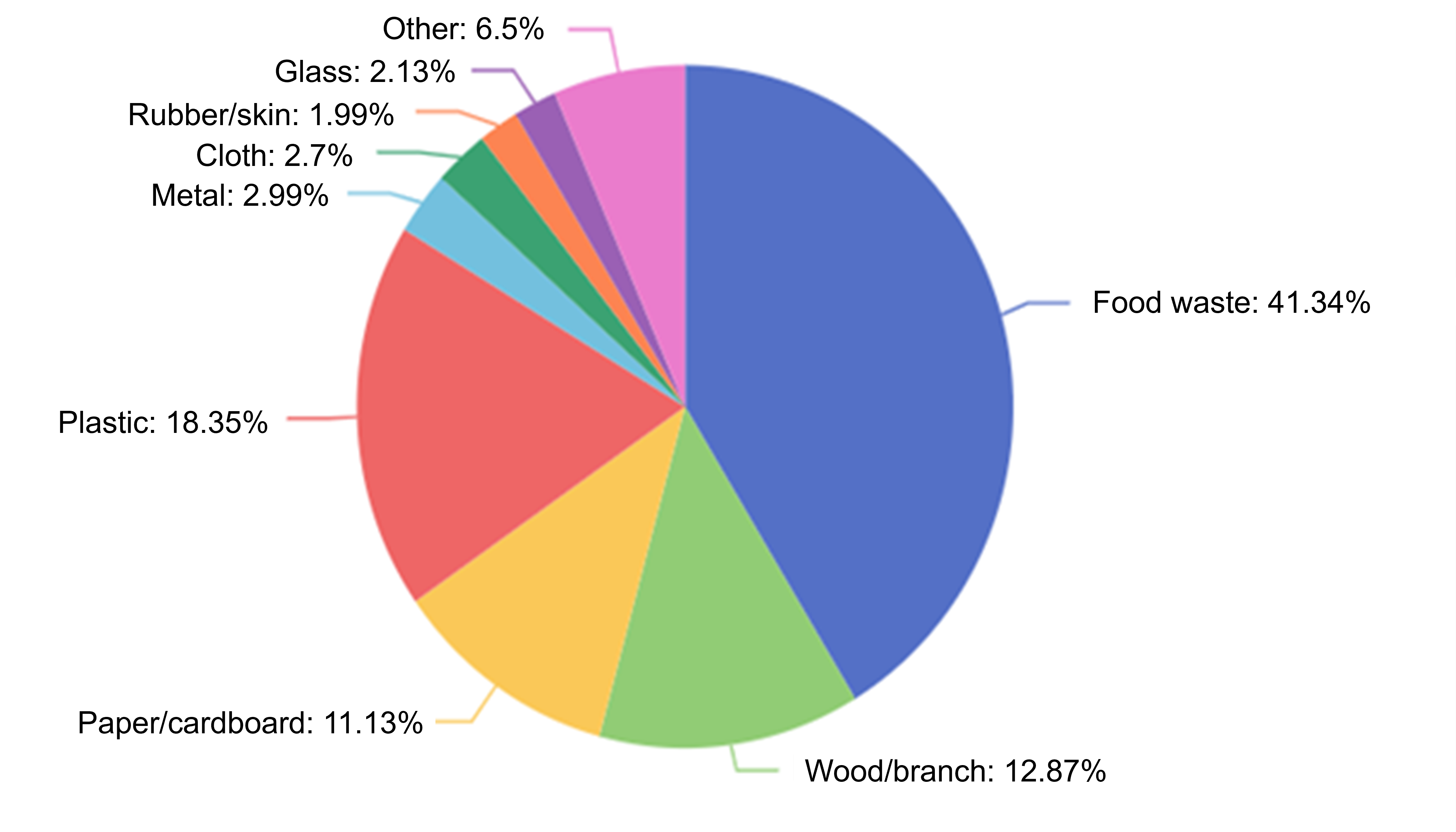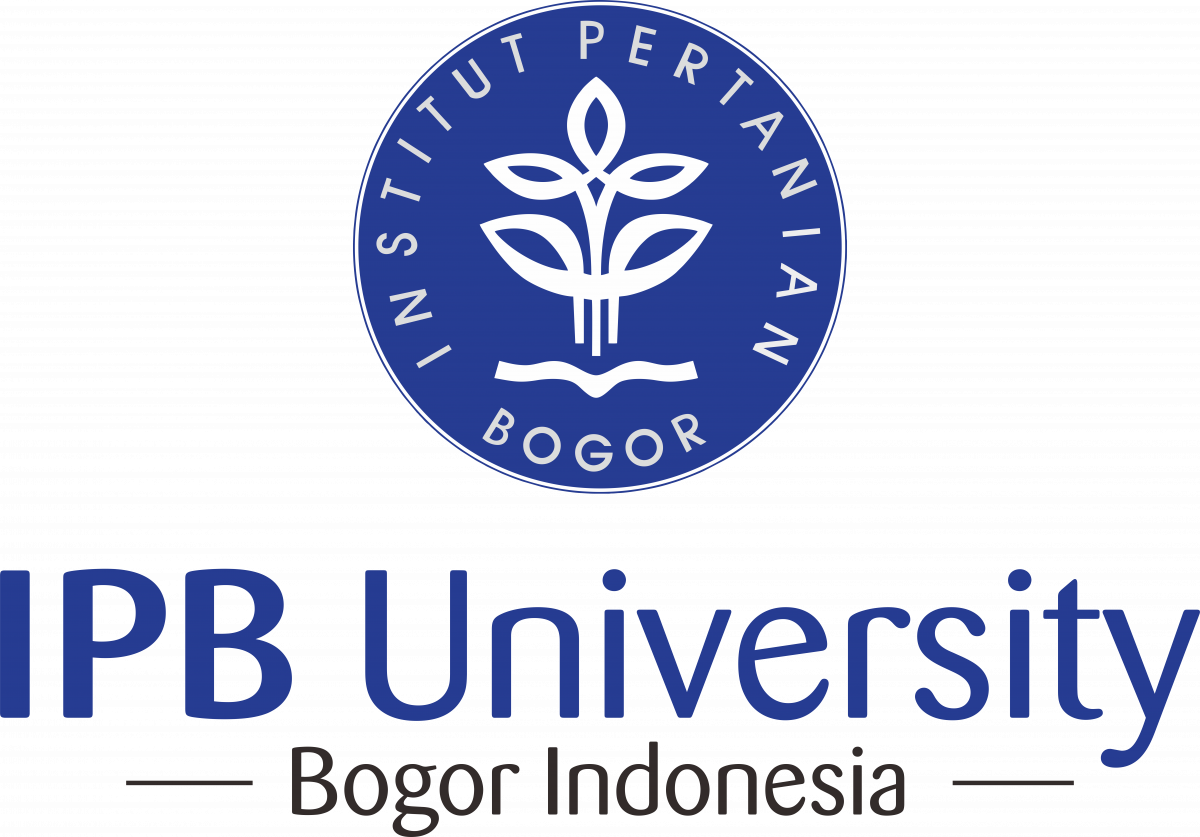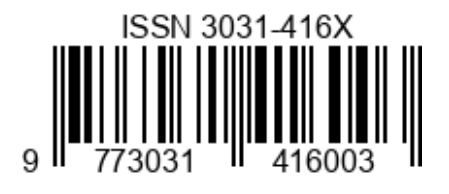Analysis of food waste behavior by muslim generation Z through online food delivery
Abstract
In recent years, there has been a consistent annual increase in the prevalence of food waste, which negatively affects the economy of various countries, such as Indonesia. Previous studies showed that food waste in Indonesia reached 41.4% of the total composition of national waste in 2021. This increase is accompanied by technological developments that affect consumption patterns, such as online food delivery (OFD) services. Therefore, this study aims to analyze food waste behavior among Muslim Generation Z through OFD in West Java using the Theory of Planned Behavior (TPB). Primary data were obtained from 180 participants and analyzed using the Structural Equation Modeling- Partial Least Square (SEM-PLS). The results showed that there was a significant positive relationship between the attitude variable and perceived behavior control with intention, while the subjective norms variable had no effect. A significant positive relationship was also obtained between promotion, OFD, and perceived behavior control with food waste behavior. Meanwhile, intention and OFD had no significant effect.
References
Ajzen I. The theory of planned behavior. Organ Behav Hum Decis Process. 1991;50(2):179-211. https://doi.org/10.1016/0749-5978(91)90020-T
Aktas E, Sahin H, Topaloglu Z, Oledinma A, Huda AKS, Irani Z, Sharif AM, van't Wout T, Kamrava M. A consumer behavioural approach to food waste. J Enterp Inf Manag. 2018;31(5):658-673. https://doi.org/10.1108/JEIM-03-2018-0051
Ariyani L, Ririh KR. Understanding behavior of household food waste management: food waste hierarchy context. J Ilm Tek Ind. 2020;19(2):142-154. https://doi.org/10.23917/jiti.v19i2.11994
Bappenas. Laporan Kajian Food Loss & Waste di Indonesia. 2021.
Bleši I, Petrovi MD, Gaji T, Tretiakova TN, Syromiatnikova JA. How the extended theory of planned behavior can be applied in the research of the influencing factors of food waste in restaurants: learning from Serbian urban centers. 2021. https://doi.org/10.3390/su13169236
EIU. Fixing Food 2017: Towards a more sustainable food system. 2017.
FAO. Food wastage footprint. 2013.
Fishbein M, Ajzen I. Predicting and changing behavior: the reasoned action approach. New York: Psychology Press Taylor & Francis Group; 2010. https://doi.org/10.4324/9780203838020
Hair JF, Black WC, Babin BJ, Anderson RE. Multivariate Data Analysis (MVDA). Seventh ed. United States of America; 2014.
Heidari A, Mirzaii F, Rahnama M, Alidoost F. A theoretical framework for explaining the determinants of food waste reduction in residential households: a case study of Mashhad, Iran. Environ Sci Pollut Res. 2019;27:6774-6784. https://doi.org/10.1007/s11356-019-06518-8
Hidayat SI, Ardhany YH, Nurhadi E. Kajian food waste untuk mendukung ketahanan pangan. Agriekonomika. 2020;9(2):171-182. https://doi.org/10.21107/agriekonomika.v9i2.8787
Jia L, Zhang Y, Qiao G. Consumer-related antecedents of waste behavior in online food ordering: a study among young adults in China. Foods. 2022;11(19):1-19. https://doi.org/10.3390/foods11193098
Liu C, Chen J. Consuming takeaway food: convenience, waste and Chinese young people's urban lifestyle. J Consum Cult. 2021;21(4):848-866. https://doi.org/10.1177/1469540519882487
Mankiw NG. Pengantar Ekonomi Mikro. Edisi ke-7. Jakarta: Salemba Empat; 2018.
Prasetyo DT, Djuwita R. Penggunaan theory of planned behavior dalam menganalisis faktor-faktor yang memengaruhi food waste behavior pada dosen. J Ilmu Kel dan Konsum. 2020;13(3):277-288. https://doi.org/10.24156/jikk.2020.13.3.277
Rarawahyuni I. The theoretical review of consumption in Islam on wasting food behavior (Tabdzir) in Indonesia. 2022;1(2):143-154.
Shankar A, Dhir A, Talwar S, Islam N, Sharma P. Balancing food waste and sustainability goals in online food delivery: towards a comprehensive conceptual framework. Technovation. 2022;117 July:102606. https://doi.org/10.1016/j.technovation.2022.102606
Soorani F, Ahmadvand M. Determinants of consumers' food management behavior: applying and extending the theory of planned behavior. Waste Manag. 2019;98:151-159. https://doi.org/10.1016/j.wasman.2019.08.025
Stancu V, Haugaard P, Lähteenmäki L. Determinants of consumer food waste behaviour: two routes to food waste. Appetite. 2016;96:7-17. https://doi.org/10.1016/j.appet.2015.08.025
Stefan V, Van Herpen E, Alina A, Lähteenmäki L. Avoiding food waste by Romanian consumers: the importance of planning and shopping routines. Food Qual Prefer. 2013;28(1):375-381. https://doi.org/10.1016/j.foodqual.2012.11.001
Tenggara. Survei persepsi & perilaku konsumsi online food delivery (OFD) di Indonesia. TENGGARA Strateg. 2022.
Tobing N, Hoesin W, Subagja IK. The effect of promotion and service quality on purchase decisions through purchase interest on Grabfood application in East Jakarta. Int J Bus Soc Sci Res. 2022. https://doi.org/10.47742/ijbssr.v3n10p3
UNEP. FOOD WASTE INDEX REPORT 2021a.
UNEP. The state of food waste in West Asia. 2021b.
Upadhayay D, Thakkar H, Ghiya N. A study of impact of promotion and marketing campaigns by online food delivery service on buying behavior of customers of Ahmedabad. SSRN Electron J. 2020. https://doi.org/10.2139/ssrn.3637941
Visschers VHM, Wickli N, Siegrist M. Sorting out food waste behaviour: a survey on the motivators and barriers of self-reported amounts of food waste in households. J Environ Psychol. 2016;45:66-78. https://doi.org/10.1016/j.jenvp.2015.11.007

Copyright (c) 2025 Meliani Siti Mariyah, Laily Dwi Arsyianti, Adora Aurahma

This work is licensed under a Creative Commons Attribution-ShareAlike 4.0 International License.











